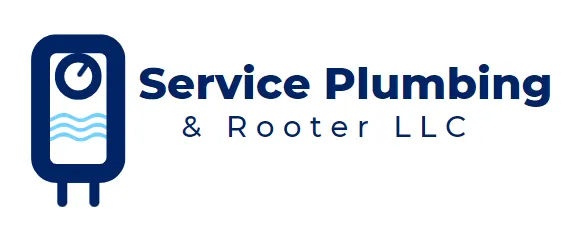Tacoma Water Heater Repair and Troubleshooting Tips
Are you experiencing frustrating water heater issues in your home? From a pilot light refusing to stay lit to an untimely leak, malfunctioning water heaters can be inconvenient – and costly. In this article, we’ll provide savvy homeowners with some easy troubleshooting tips as well as repair advice for addressing common water heater problems. If you’re in need of help fixing or maintaining your system, don’t despair; Our guide has got you covered.

Understand the basics of how a water heater works
Have you ever wondered how your water heater works? It's actually a pretty simple process. When you turn on a hot water tap, cold water enters the tank and is heated using either gas or electricity. The hot water rises to the top of the tank and is moved through the pipes to the tap. As you use hot water, the tank refills and the process starts all over again. While it may seem like magic, understanding the basics of how a water heater works can help you troubleshoot any issues that may arise.

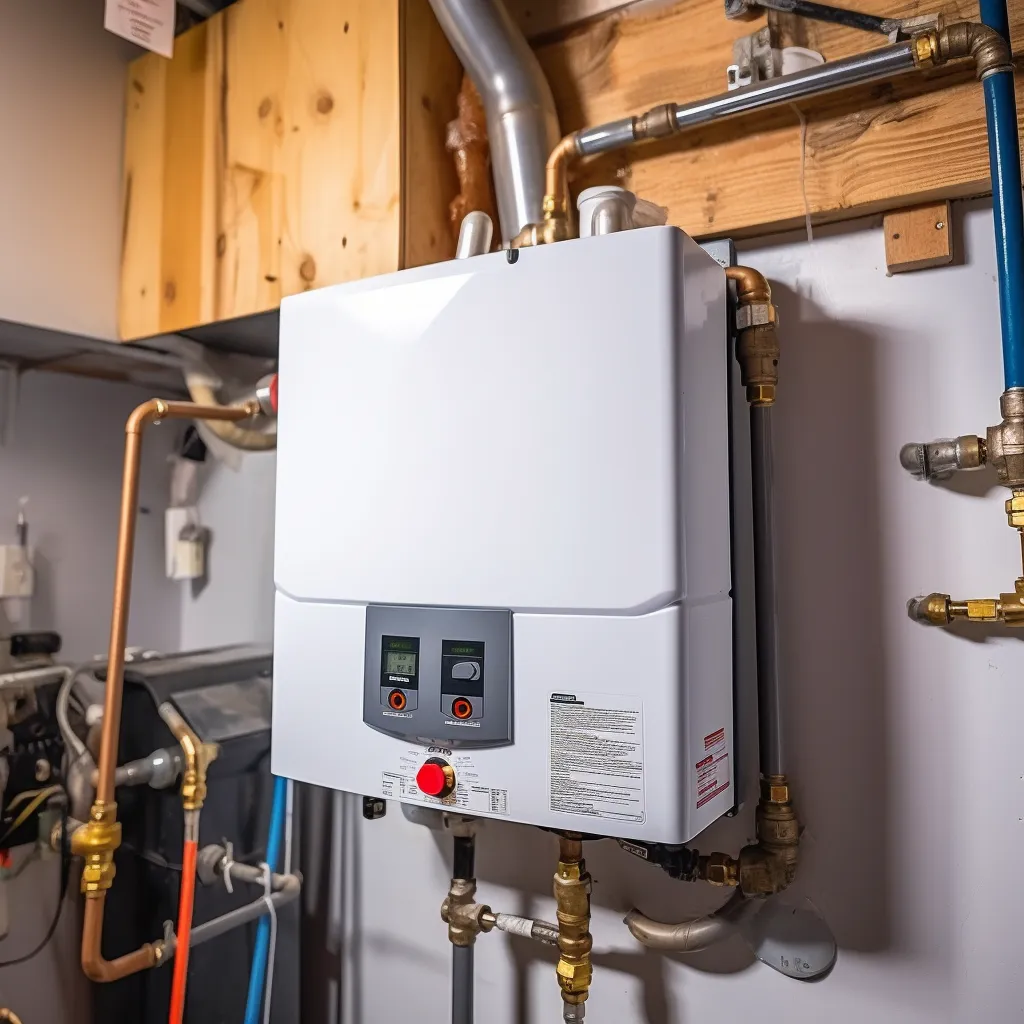
Learn how to properly maintain your water heater to avoid breakdowns
Imagine taking a luxurious shower only to be drenched in ice-cold water due to a broken water heater. It's a nightmare no one wants to experience! You can avoid this dreadful scenario by learning how to properly maintain your water heater. Taking a few simple steps can go a long way in avoiding breakdowns. For example, draining and flushing your water heater annually can prevent sediment build-up and prolong its lifespan. Checking the temperature and pressure relief valve is also crucial in ensuring your heater operates efficiently and safely. By taking the time to maintain your water heater, you can rest easy knowing that hot water will always be readily available when you need it.
Identify common signs that indicate a potential water heater repair or replacement is needed
Water heaters are essential appliances that ensure you have hot water when you need it. Because they do not last forever, you need to be on the lookout for signs that indicate it is time for a repair or replacement. Here are some common signs that you should look for "water heater repair near me."
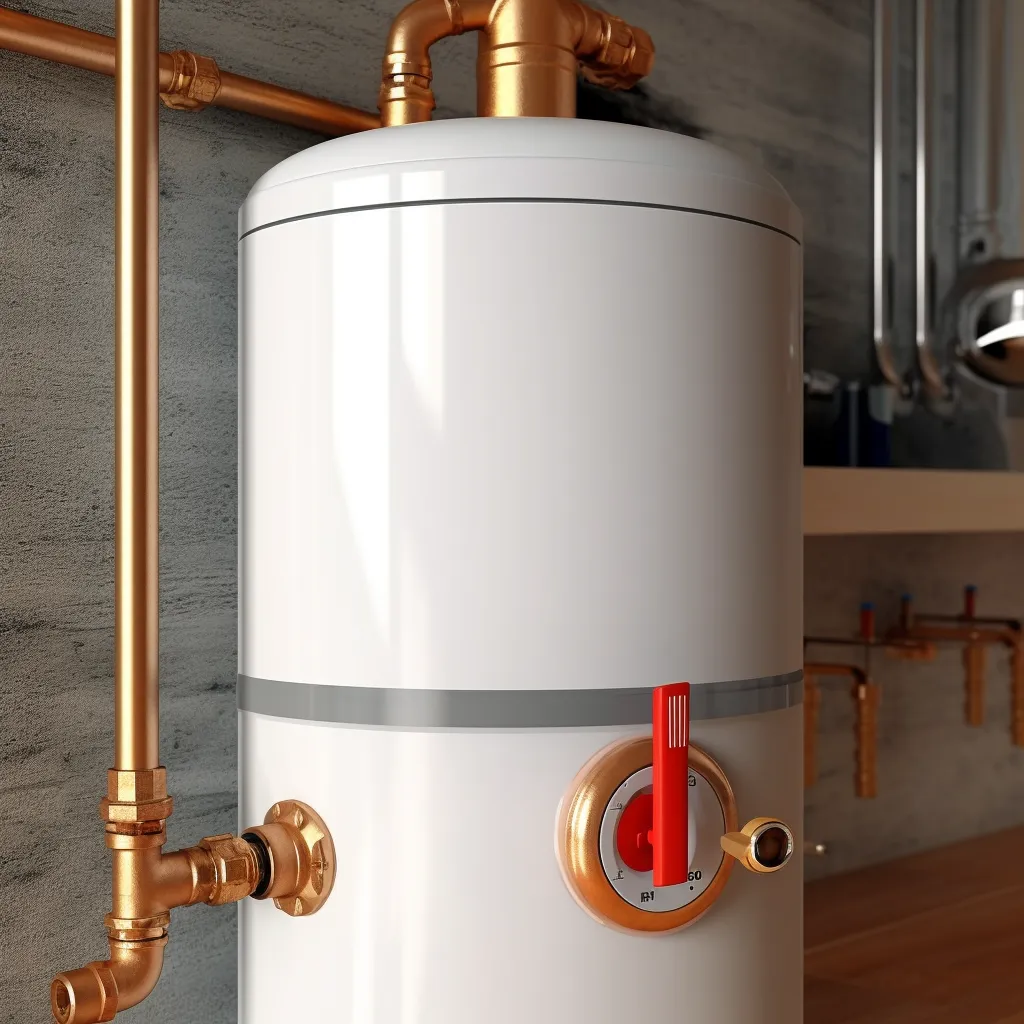
Cold water from the hot tap: This could indicate a problem with the heating element or a blockage in the pipes.
No hot water: If your heater is not producing any hot water, it could be due to an issue with the thermostat or other internal components.
Leaking: A leaky water heater is usually caused by a broken pipe or valve and should be addressed immediately.
Discoloration of water: Water with a brownish or rusty color indicates that the tank may be corroding and should be replaced as soon as possible.
Noisy operation: If you notice loud banging or rumbling noises coming from the water heater, it is likely due to sediment that has built up in the tank and should be addressed immediately.
By being aware of the signs that indicate a potential water heater problem, you can take action and get your system up and running again before it’s too late.

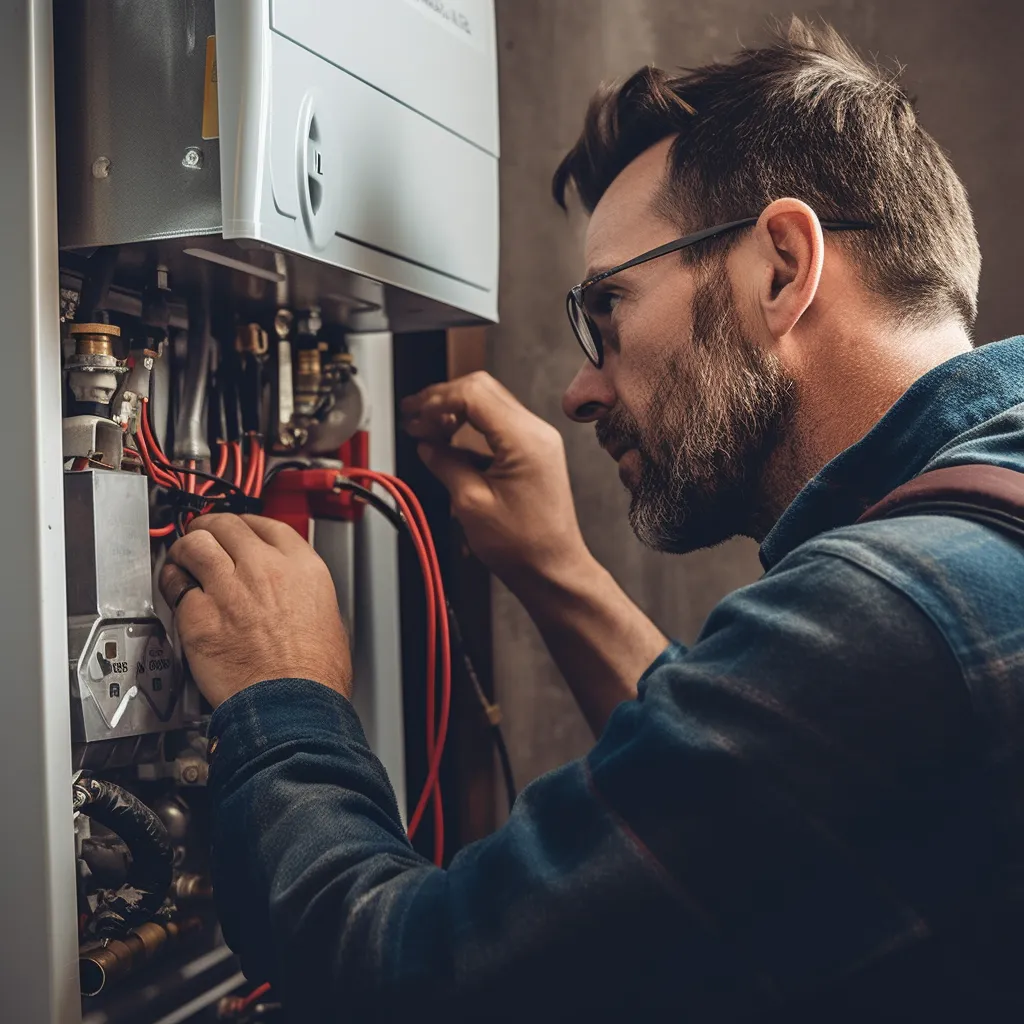
Research possible causes of water heater malfunctions
To ensure that your heater runs as smoothly as possible, it's important to understand what factors can cause it to malfunction. There may be a variety of reasons your water heater isn't working properly, such as electrical issues, faulty thermostats, or sediment buildup. In some cases, a malfunctioning water heater can even be a sign of more serious problems within your home's plumbing or electrical system. By conducting thorough research and knowing the warning signs of a malfunctioning water heater, you can help keep your home running smoothly and avoid unexpected breakdowns.
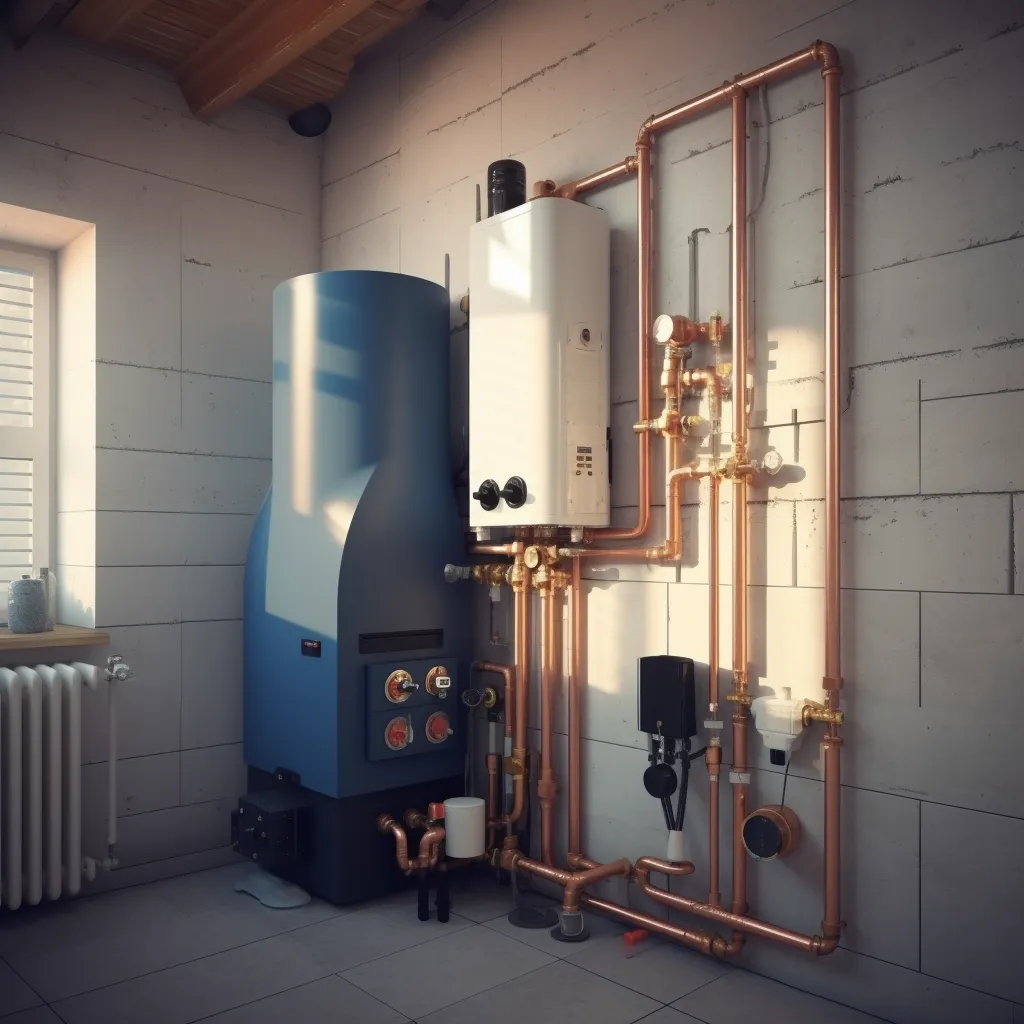
Check the temperature setting on your water heater
One important aspect to consider is the temperature setting on your water heater. So, take a minute to inspect it to make sure it is set at the optimal temperature. Having it too high can be risky; it can scald your skin or waste energy. On the other hand, if it is too low, you may not have enough hot water for your household's needs. It only takes a few moments to adjust the temperature, and it can save you from possible discomfort or inconvenience later on. According to the Department of Energy, it should be set at 120°F (49°C) for maximum efficiency and safety.

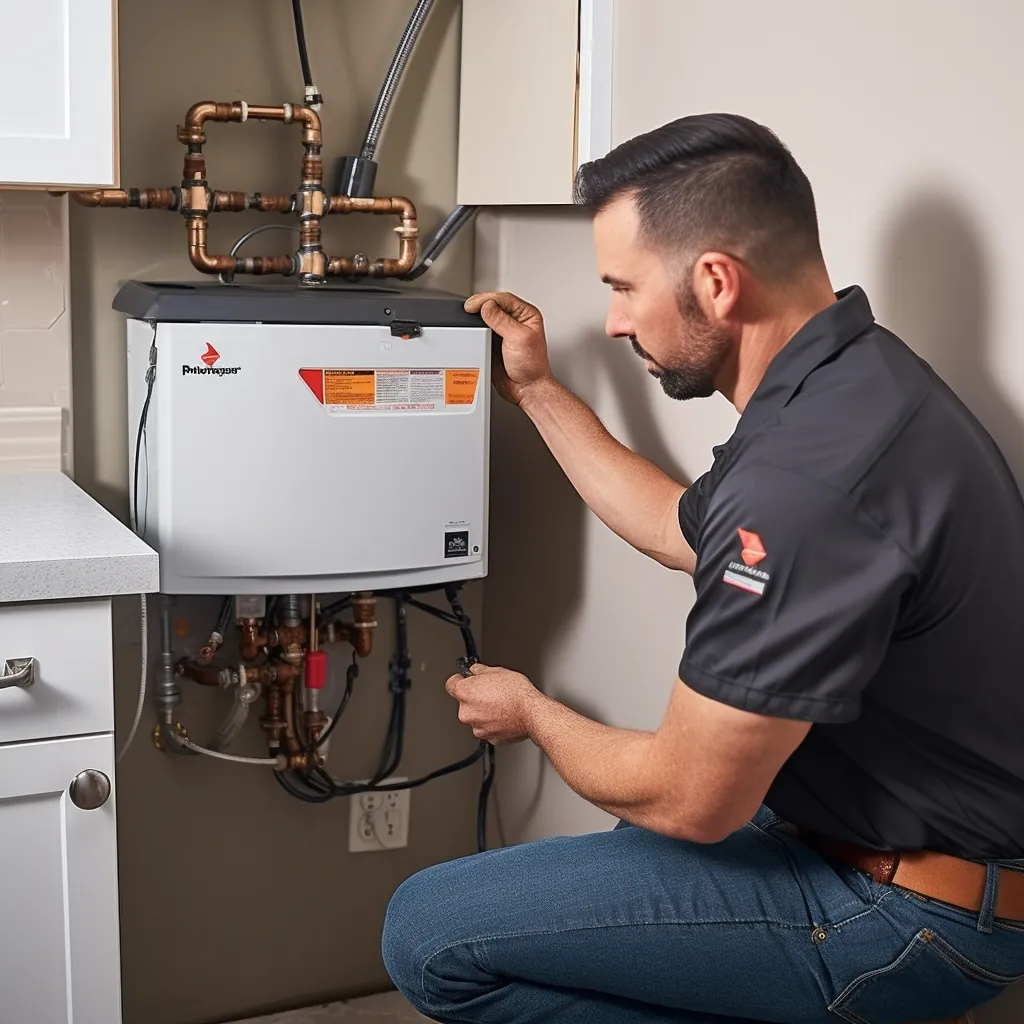
Perform regular visual inspections
Another way to ensure your water heater is in good condition is to perform regular visual inspections. Take a look around your unit every few months or so and check for any signs of leakage, corrosion, or other issues. If you notice any red flags, call a professional right away to diagnose and address the problem.
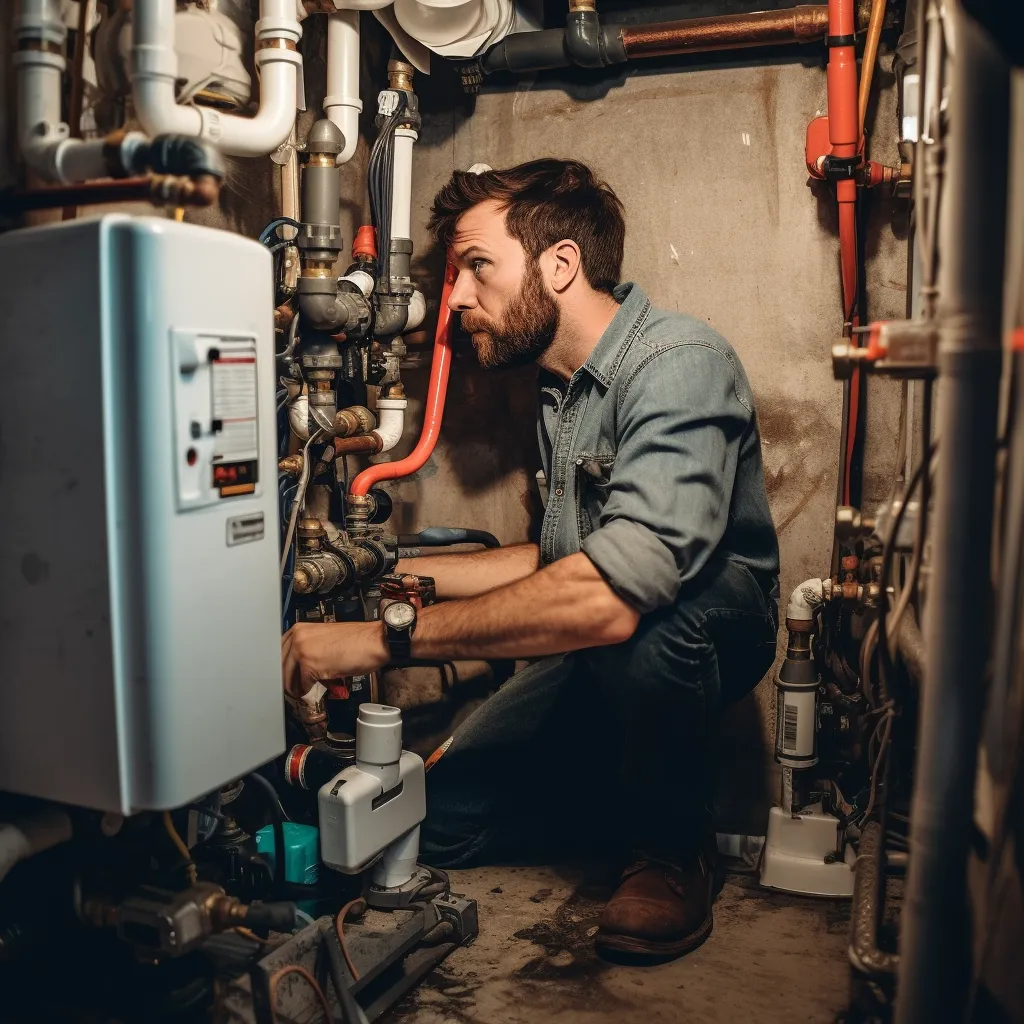
Test the water heater pressure relief valve to make sure it's working
It's important to regularly test your water heater pressure relief valve. Ensuring that it's in good working condition can prevent your home from being flooded by hot water, among other issues. Don't leave it to chance – take a few minutes to test your water heater pressure relief valve and protect your home from unexpected water damage.

Check for signs of corrosion or rust around the water heater tank
Checking for signs of corrosion or rust around the water heater tank is an important part of maintenance that can help prevent leaks or other issues down the line. Don't let the "out of sight, out of mind" mentality lead to major problems. Take a closer look at your water heater and give it the TLC it deserves. If you do come across any signs of rust or corrosion, don't hesitate to call in a water heater expert for further assistance. Taking care of your water heater now can save you time and money in the long run.
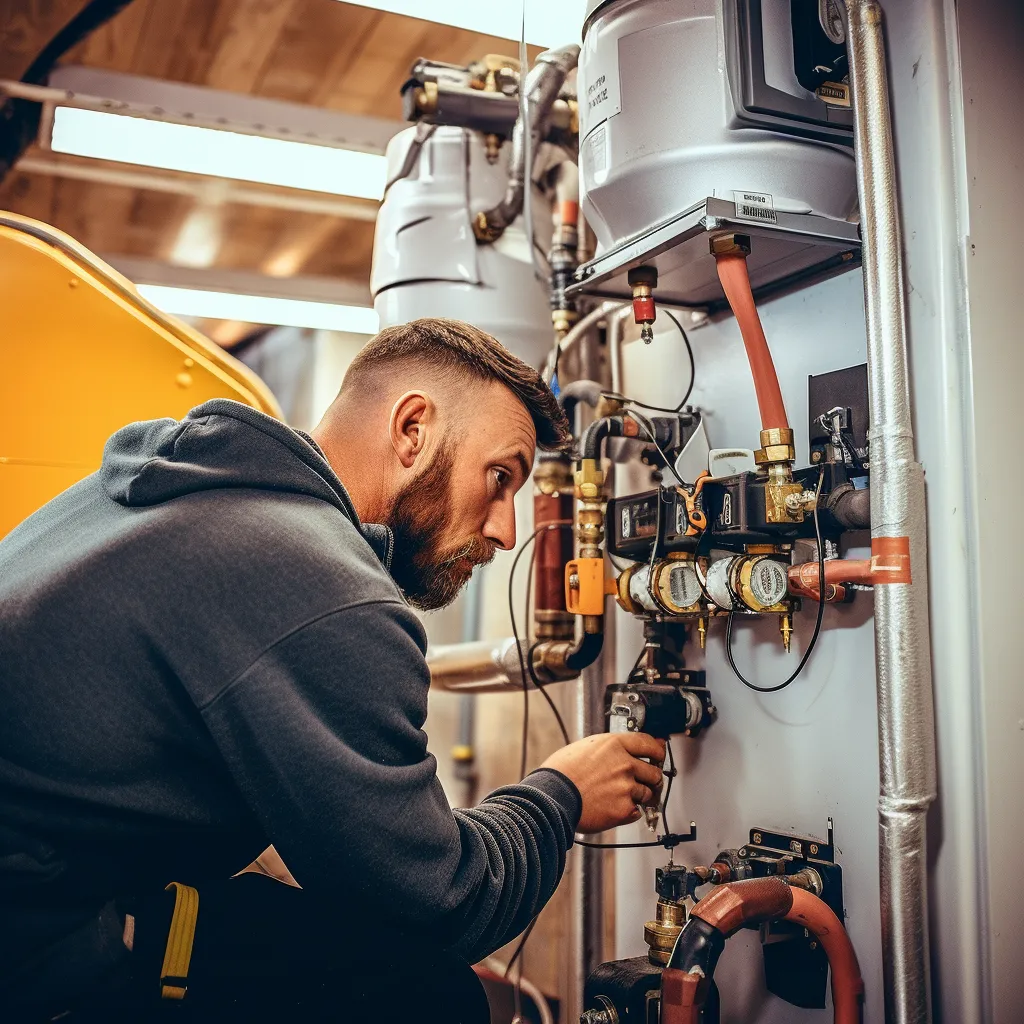
Make sure water heater connections are tight and secure
One crucial aspect of water heater maintenance involves making sure all connections are tight and secure. Loose or faulty connections can lead to leaks or even worse, a potentially dangerous malfunction. So take the time to check your water heater connections regularly to ensure it's running smoothly and efficiently.
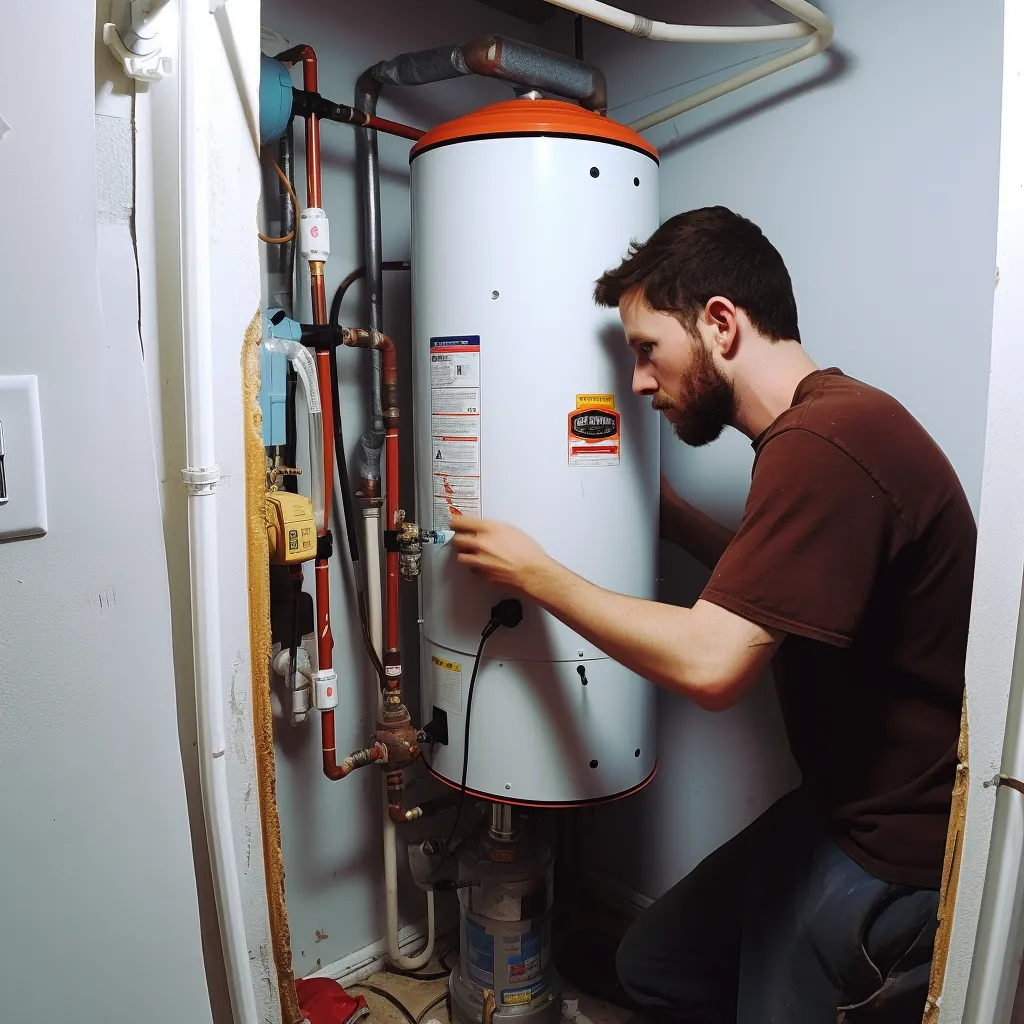
Clean out sediment buildup from the water heater tank and pipes
One of the essential maintenance tasks for your water heater is cleaning out sediment buildup from the tank and pipes. Over time, sediment buildup can lead to a decrease in hot water output, higher energy bills, and even damage to the water heater. By taking the time to remove this buildup, you can extend the life of your water heater, decrease your energy costs, and ensure that you have a reliable source of hot water all year round.

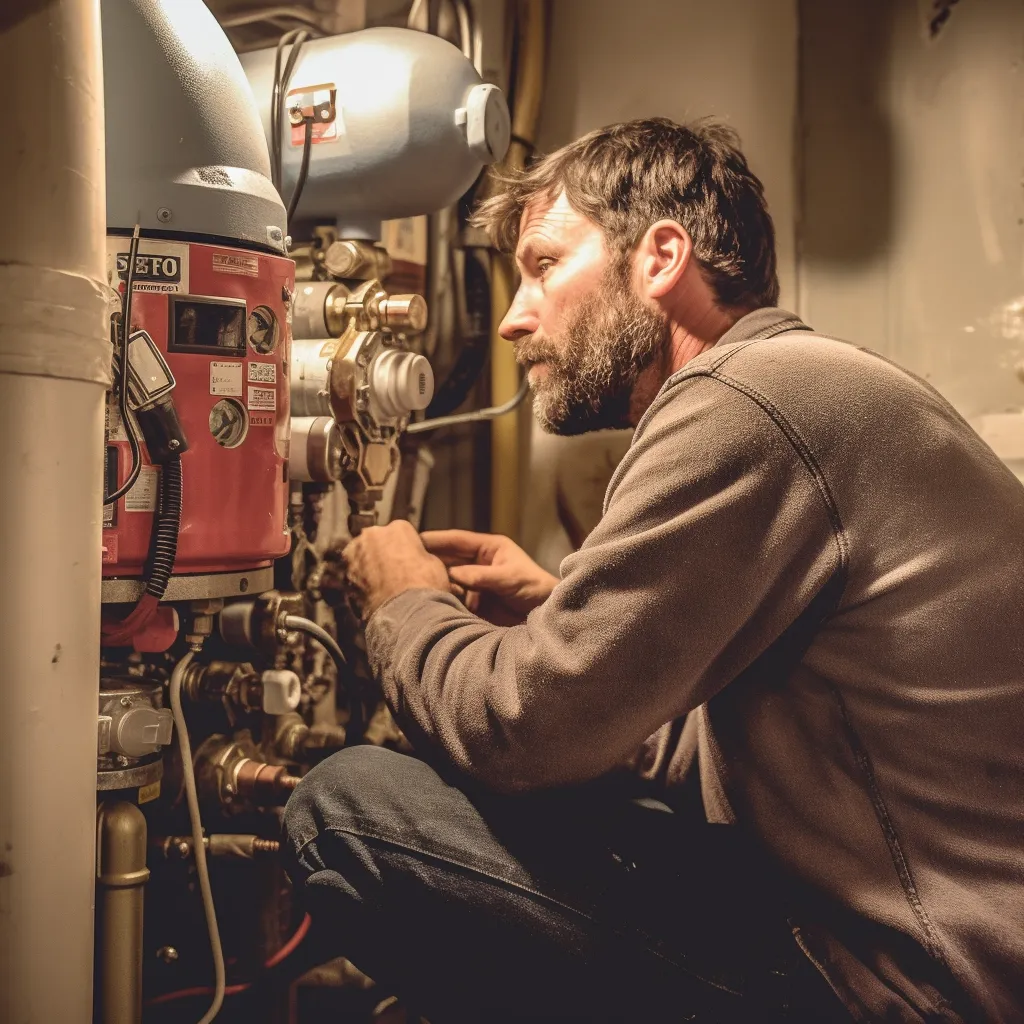
Clean out the water heater burner assembly
One important step that many homeowners overlook is cleaning out the burner assembly. Over time, debris and dust can accumulate within your water heater's burner assembly, which can lead to decreased efficiency and increased wear and tear on the system. By regularly cleaning out the burner assembly, you can help to ensure that your water heater is running at its best. This will not only help you save money on energy bills, but it can also help to prevent costly repairs down the road.
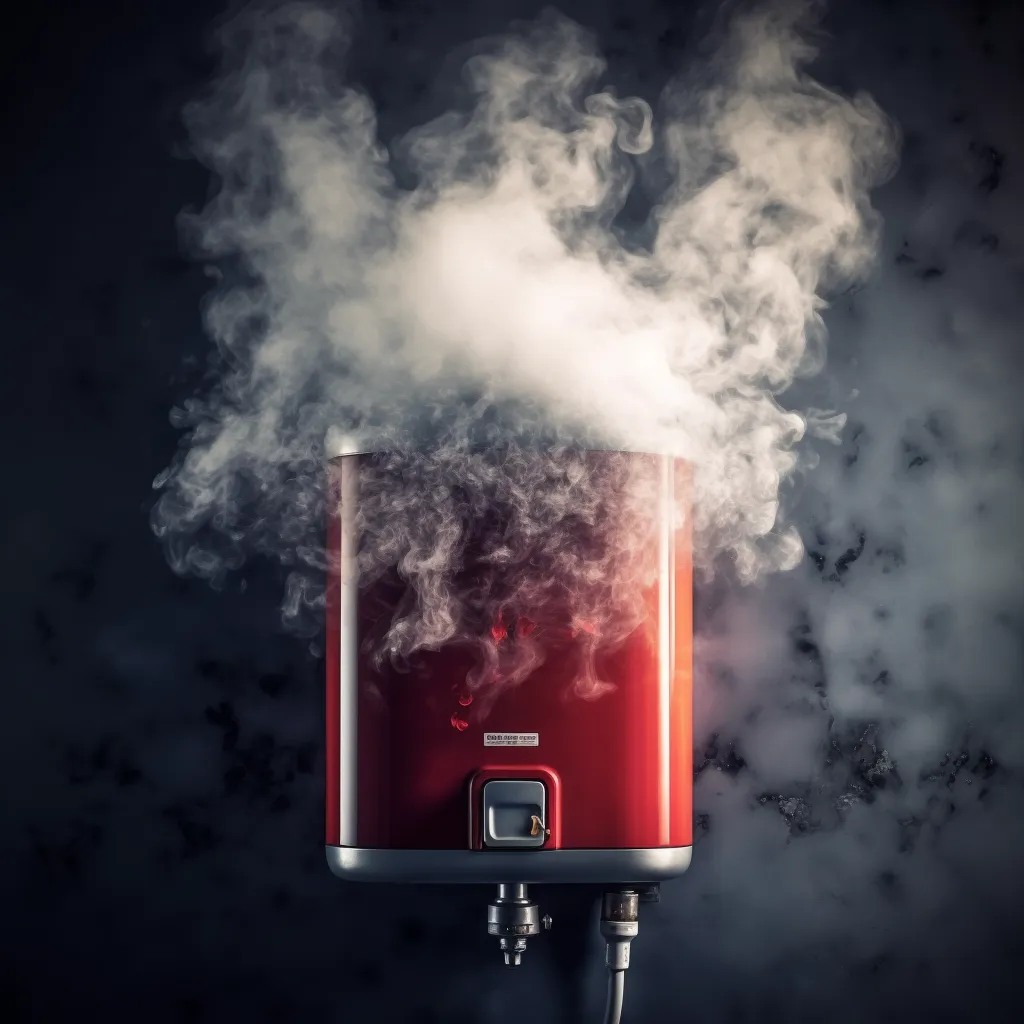
Educate yourself on the different types of water heaters and their specific maintenance requirements
Homeowners need to be aware of the different types of water heaters available and their specific maintenance requirements:
Gas water heaters require annual tank flushing to remove sediment buildup.
Electric water heaters may need periodic anode rod replacement, depending on the age and condition of the unit.
Tankless water heaters should be descaled every few years to keep their heating elements in optimal shape.
Solar water heaters require an annual system check to ensure that all panels and components are working properly.
Condensing water heaters need to be checked annually for signs of corrosion and other issues.
Smart water heaters may need software updates and firmware changes to ensure peak performance.
Heat pump water heaters should be inspected annually for signs of excessive heat or other problems.

By understanding the different types of water heaters and their specific maintenance needs, homeowners can be proactive in preventing potential problems before they arise. Taking the time to learn about your particular water heater system and following the necessary steps for proper maintenance can help to extend its life and keep it running
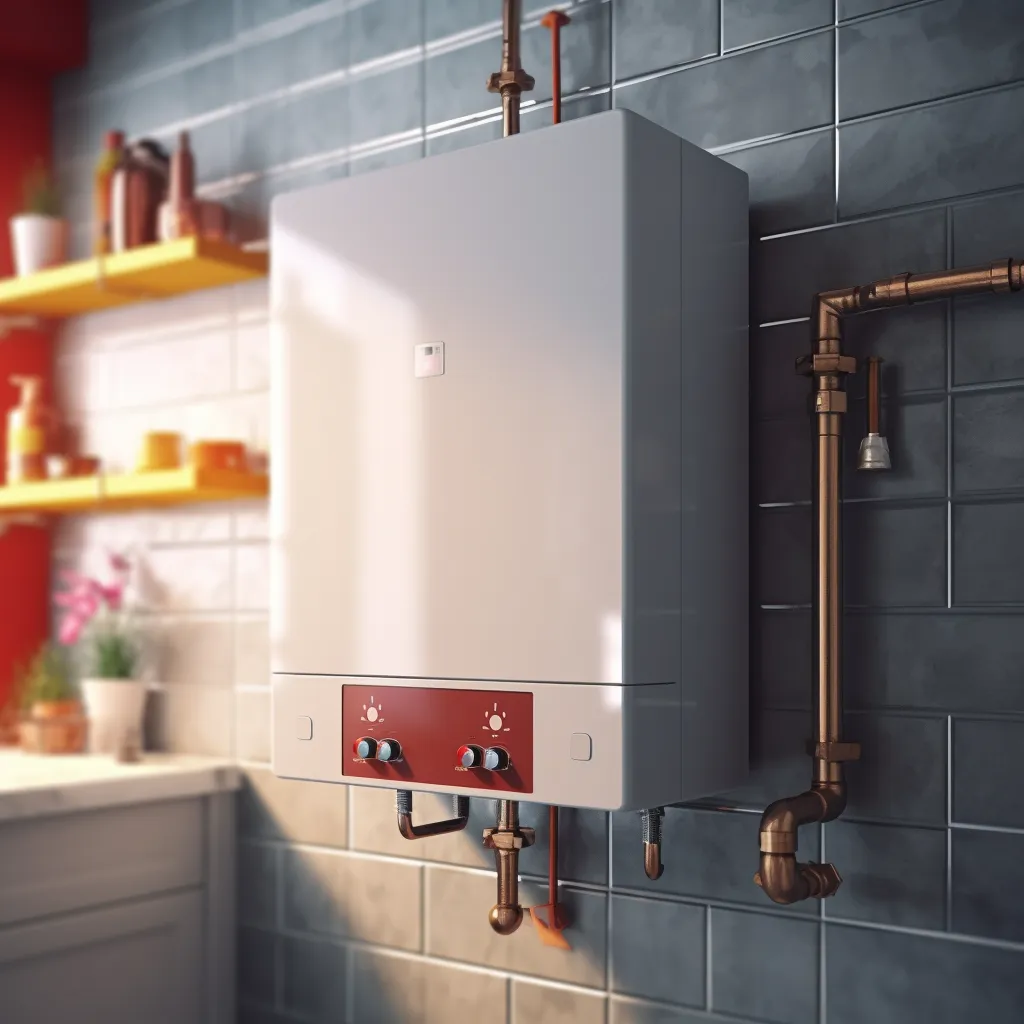
Learn simple water heater troubleshooting techniques to diagnose problems
Hot water is a daily essential, and when your water heater goes out, it can throw a wrench into your routine. But before calling a technician, you can try some simple water heater troubleshooting techniques that can save you both time and money. Identifying the problem is the first step, and issues can range from no hot water or insufficient temperature to strange noises or leaks. Some common culprits include malfunctioning heating elements, a faulty thermostat, or a buildup of sediment. By following some easy troubleshooting steps, you can identify and potentially fix these problems on your own.
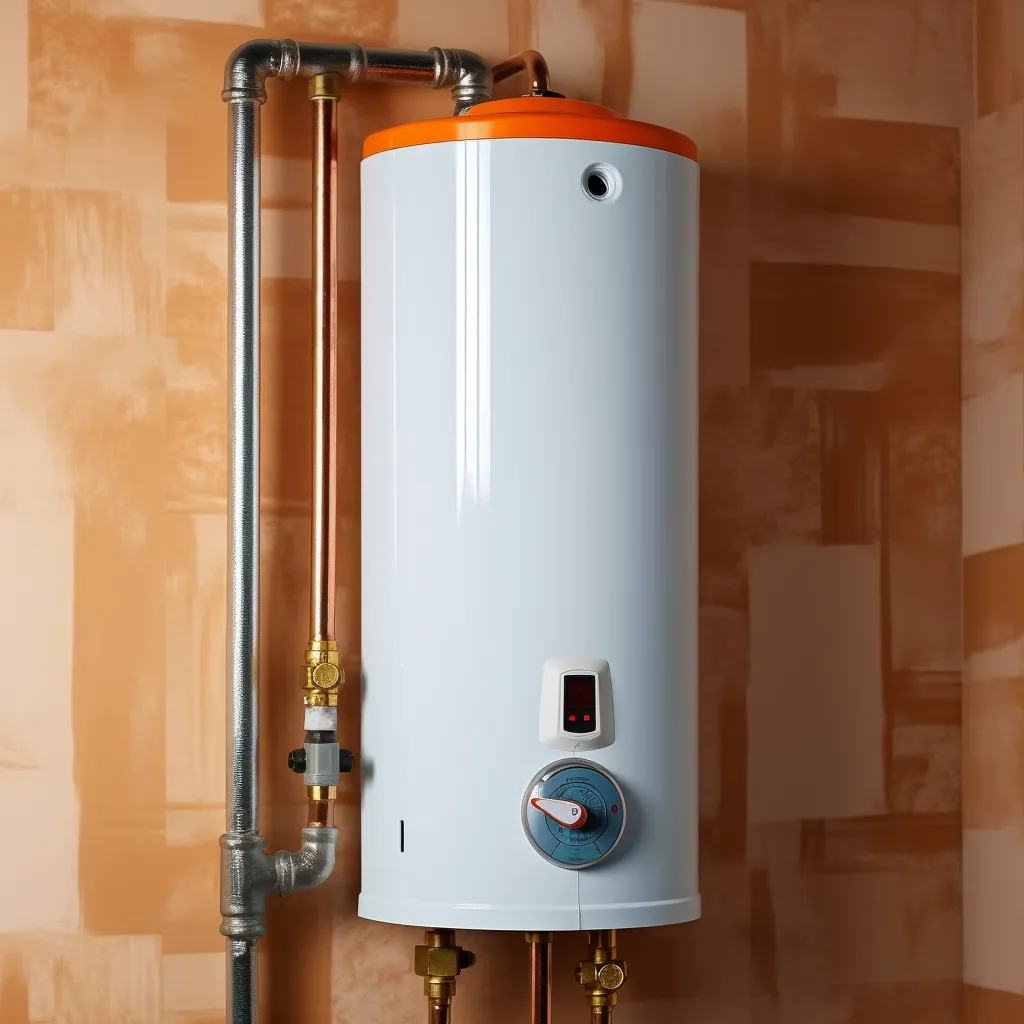
Benefits of calling a licensed water heater professional
A damaged or malfunctioning water heater can be a major inconvenience, not to mention a safety hazard. Instead of attempting a DIY repair job, it's best to for a "licensed plumber near me" to call in the water heater professionals. A licensed water heater expert can provide a variety of benefits, including:
Professional installation of new water heaters.
Inspection and diagnosis of existing water heater systems.
Repairs, replacements, and maintenance.
Troubleshooting and problem solving.
Advice on the best type of system for your home

By choosing a qualified water heater professional, you can rest assured knowing that your system is in the best of hands. They will be able to assess the problem, make necessary repairs and replacements, and provide you with reliable advice for future maintenance.
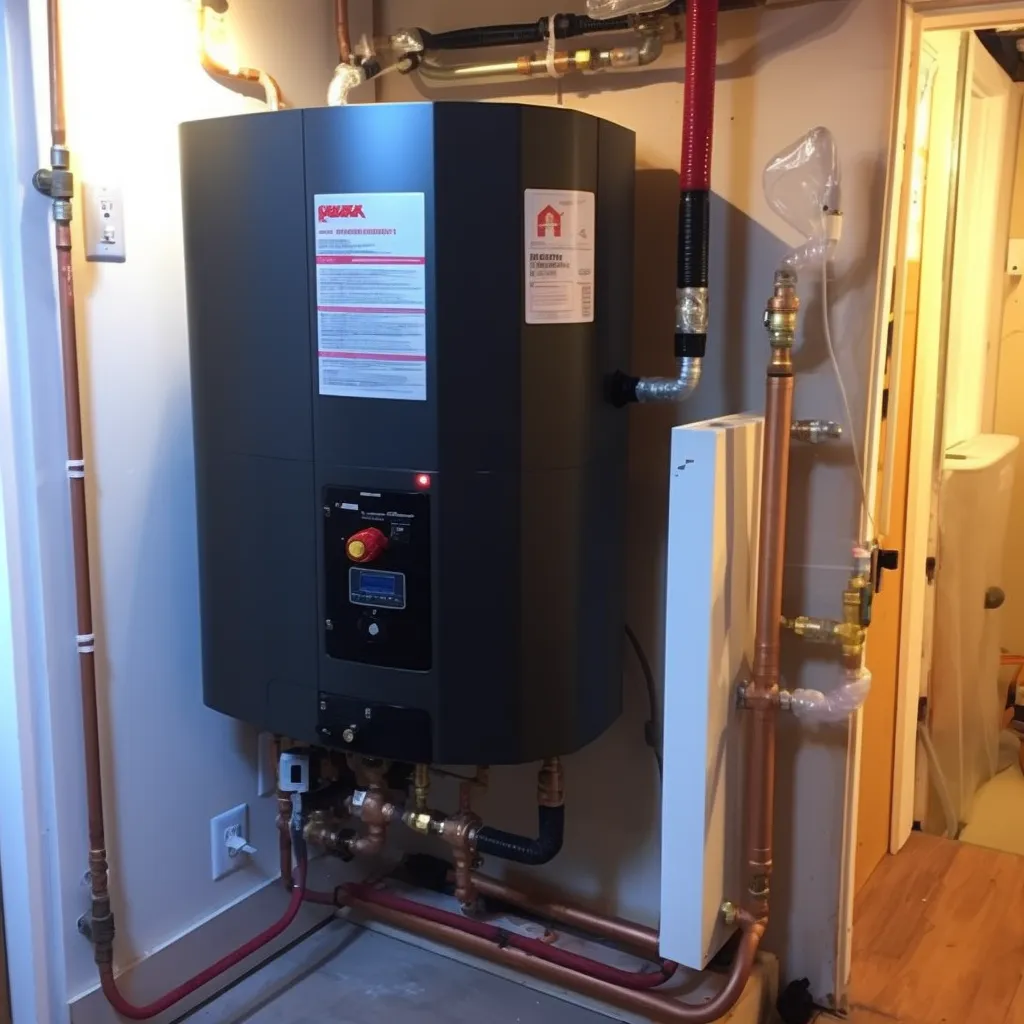
Research is crucial
Having reliable knowledge about the basics of how a water heater works and how to properly maintain it can save you a lot of time and money. It is important to understand the common signs that indicate when a water heater repair or replacement might be needed and do your research to find possible causes of malfunctioning due to failure to maintain it. Also, consider checking the temperature setting, testing the pressure relief valve, identifying corrosion or rust around the tank, making sure that all connections are tight and secure, cleaning out sediment buildup in the tank and pipes, and cleaning out the burner assembly for better efficiency. Moreover, educate yourself on different types of water heaters so that you know which one fits what suits your needs best and their respective maintenance requirements. One of the most important things you can do is hiring a licensed water heater professional to ensure that everything functions correctly.
Contact Us
